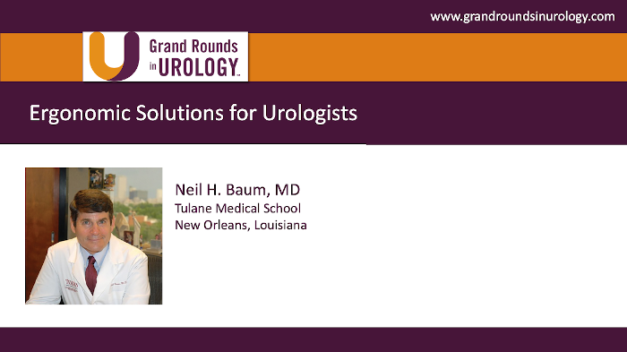A Medical Oncology Perspective on Treating Advanced Prostate Cancer During COVID-19
Daniel P. Petrylak, MD, Director of Genitourinary Oncology, Professor of Medicine and Urology, Co-Leader of Cancer Signaling Networks, and Co-Director of the Signal Transduction Program at Yale University Cancer Center in New Haven, Connecticut, shares his perspective on treating advanced prostate cancer patients during the COVID-19 pandemic. Dr. Petrylak is only seeing patients who need to be treated and is pre-screening patients by checking temperature and travel history. If a prostate cancer patient is advanced and develops COVID, he suggests deferring treatment for all non-life threatening situations until the patient tests negative for COVID. According to Chinese data, cancer has predisposed people to a more aggressive course of COVID, so PCa patients should self-isolate to protect themselves from the virus. Dr. Petrylak also shares that chemotherapy may blunt the immunoresponse system on a long term basis, so patients should weigh the risks and benefits for pursuing treatment and take precautions of self-isolating, washing hands, and social distancing if they use chemotherapy treatment.
Read More




